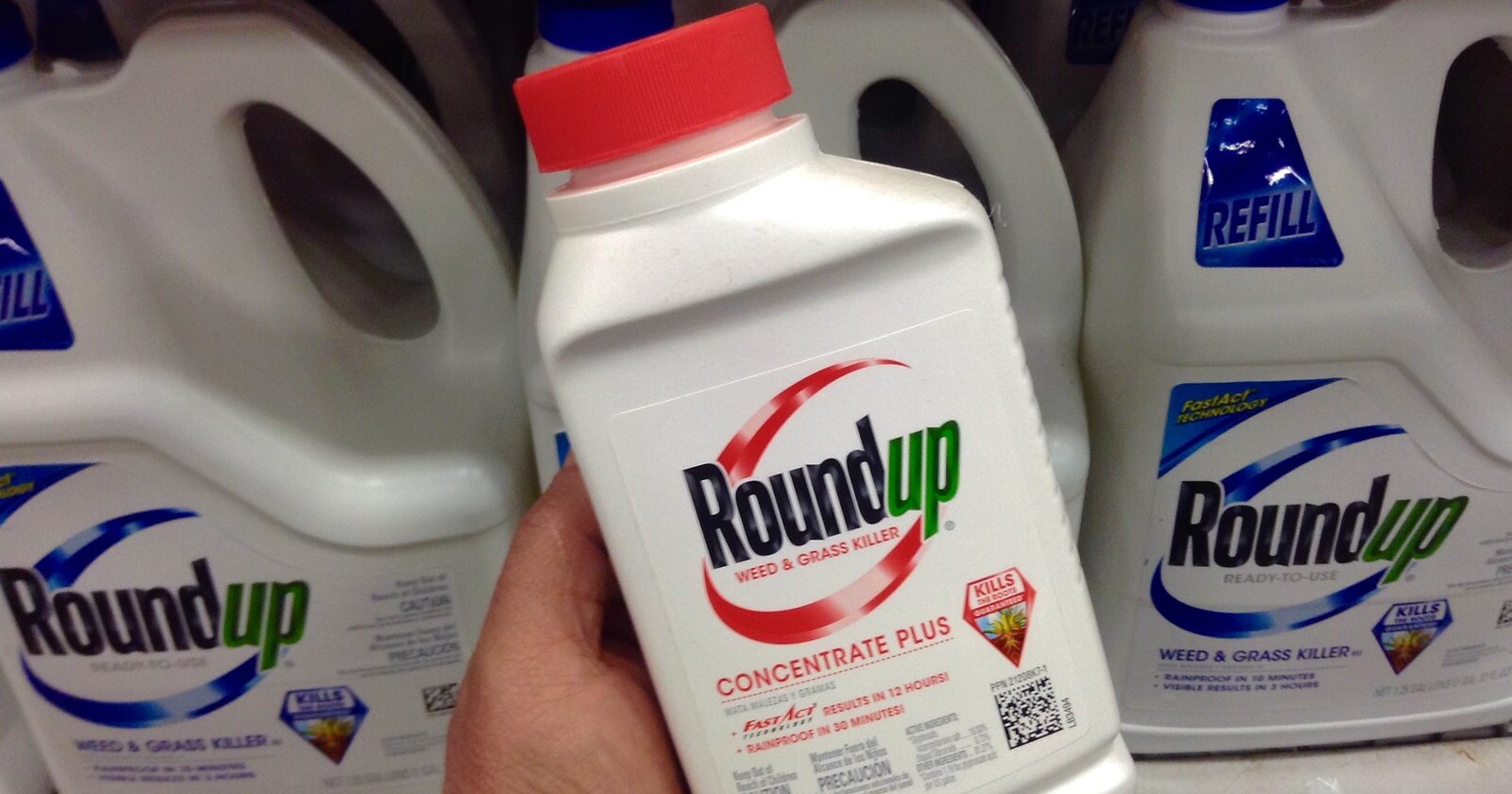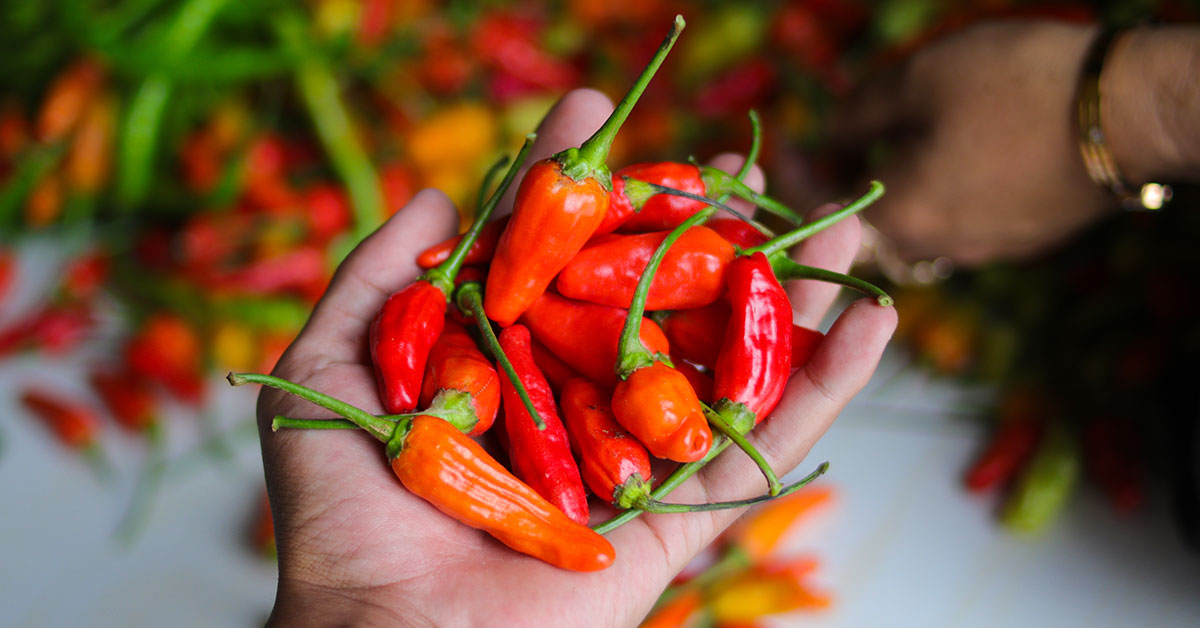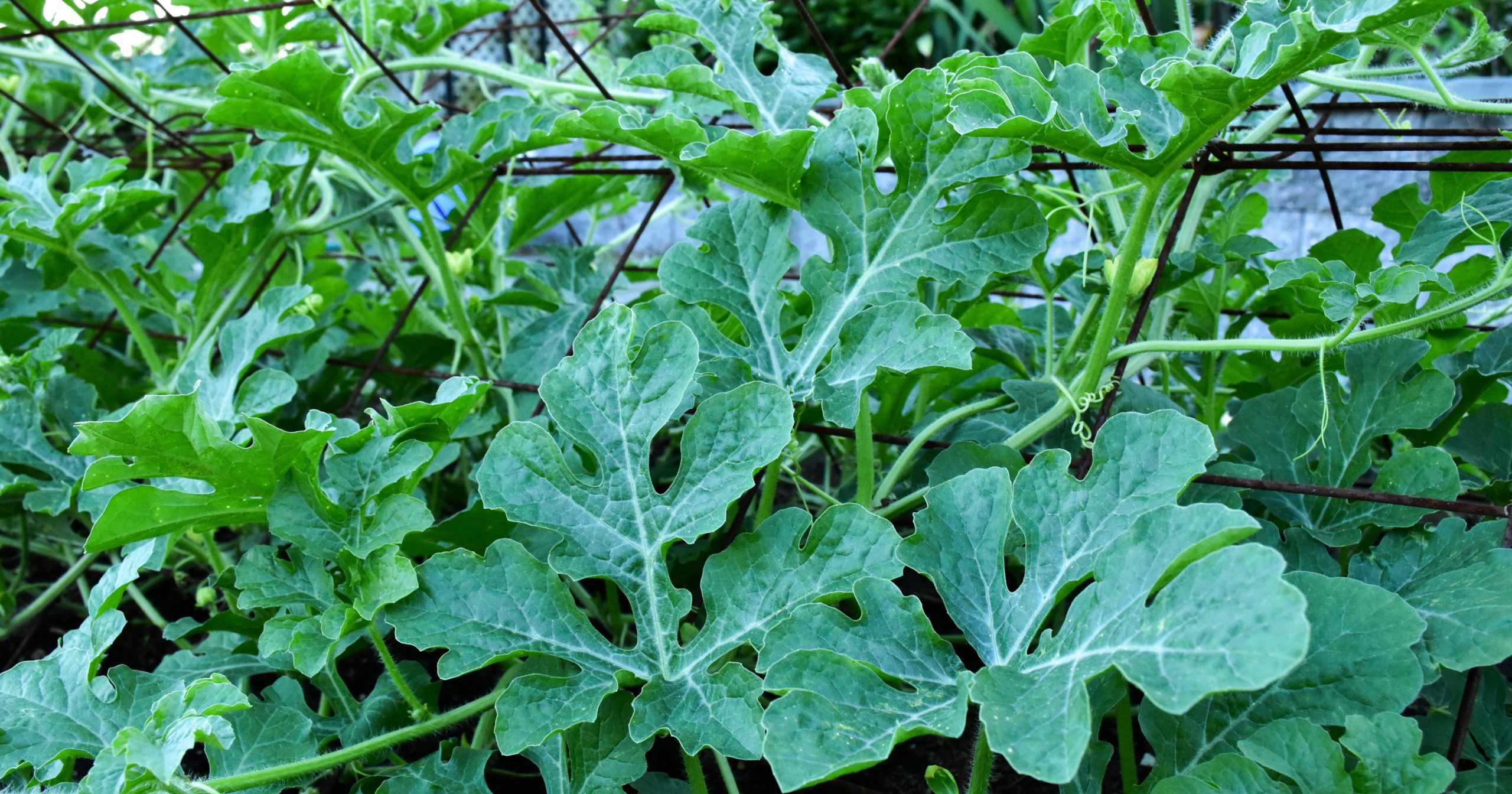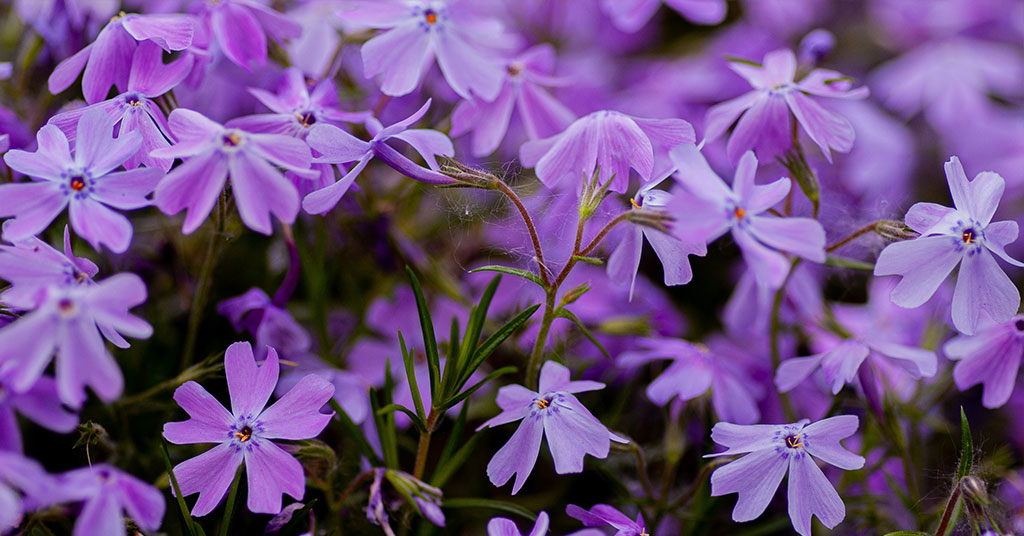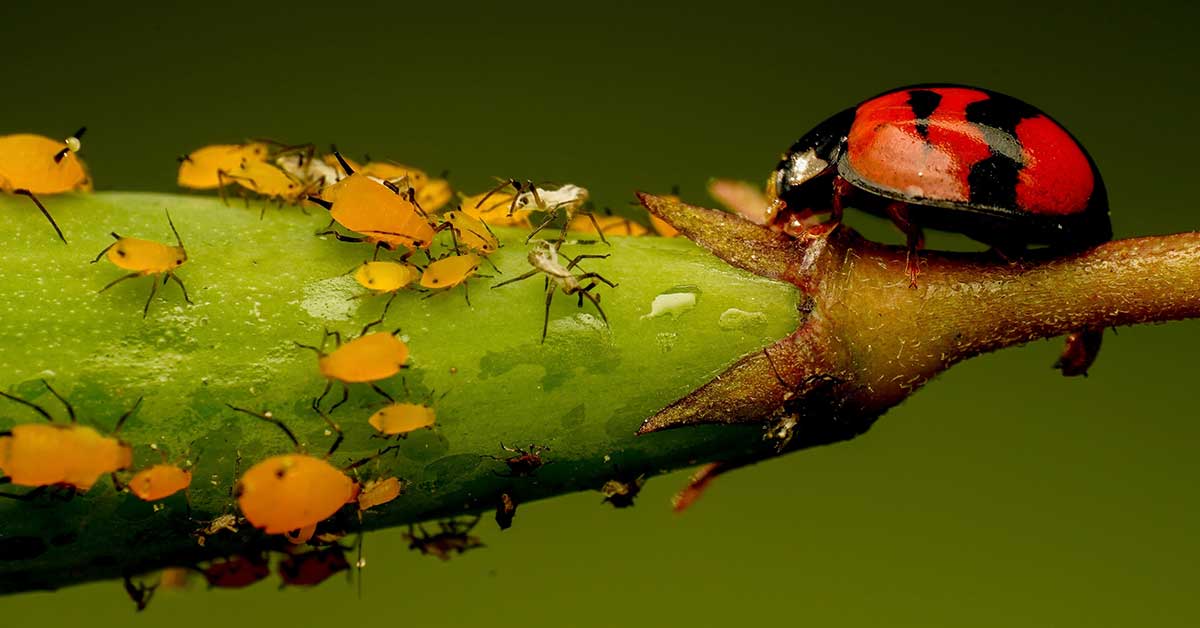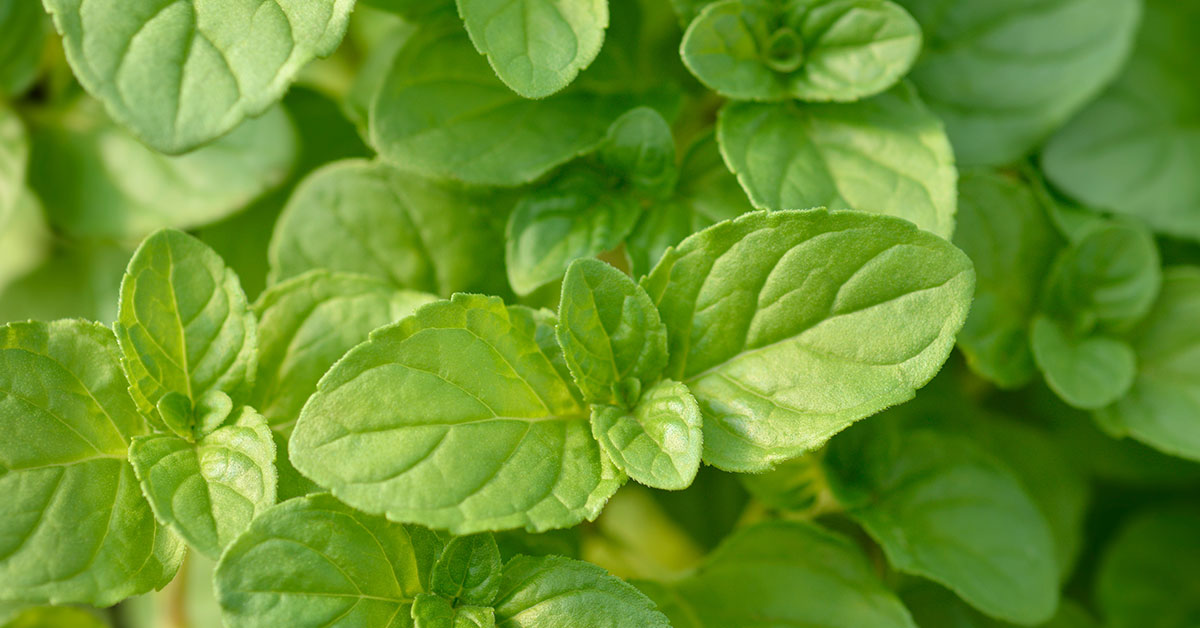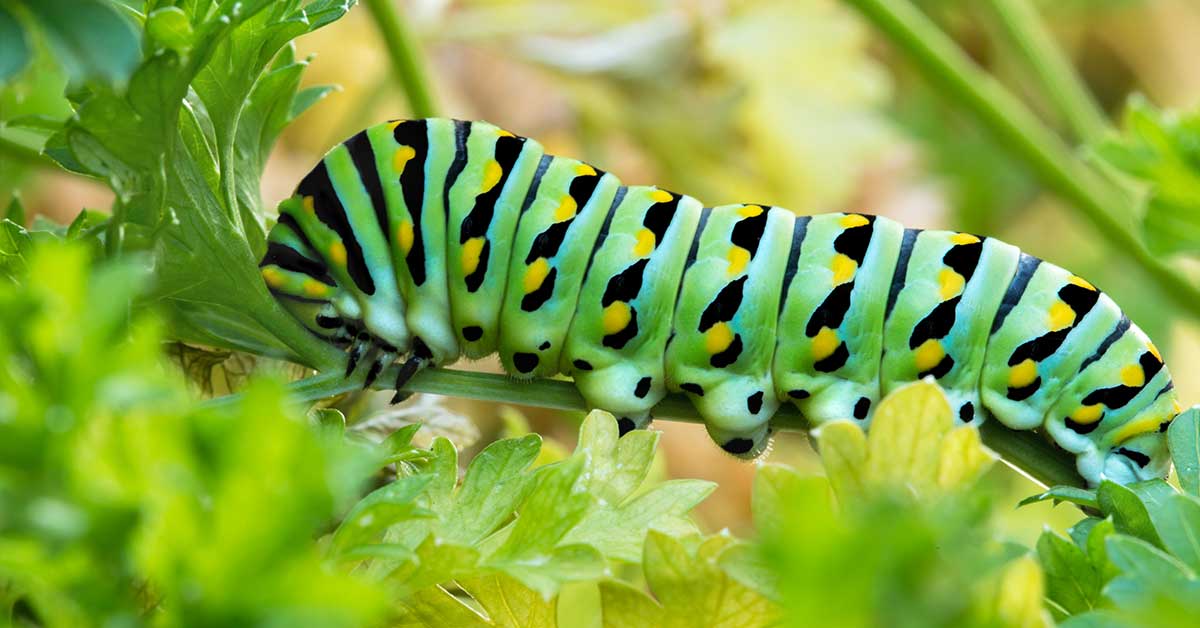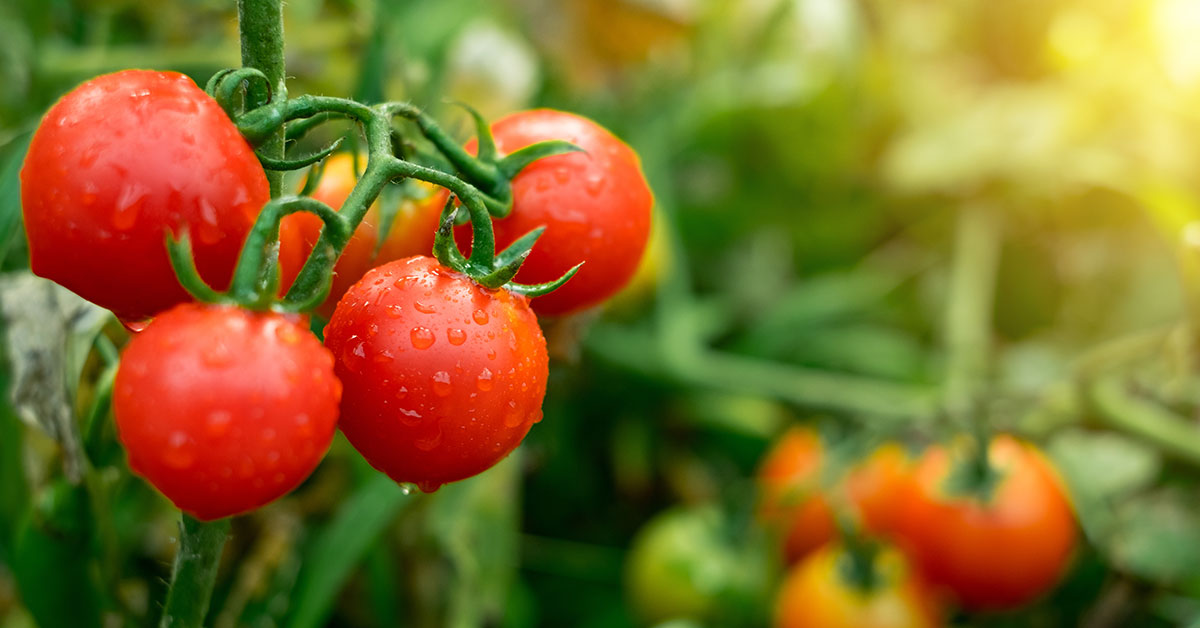Using herbicides like Roundup, which contains glyphosate, might seem like a quick and effective solution for controlling weeds in your yard. However, there are significant downsides to using glyphosate that can impact not only the health of your garden but also the environment and your personal well-being. Understanding these consequences can help you make more informed decisions about weed control in your garden.
In this article, I’m excited to share the various negative impacts of using glyphosate-based herbicides like Roundup. From environmental damage to health risks, the downsides are numerous and often overlooked. Let’s delve into these issues and explore why you might want to reconsider using glyphosate in your garden!
Harm to Soil Health
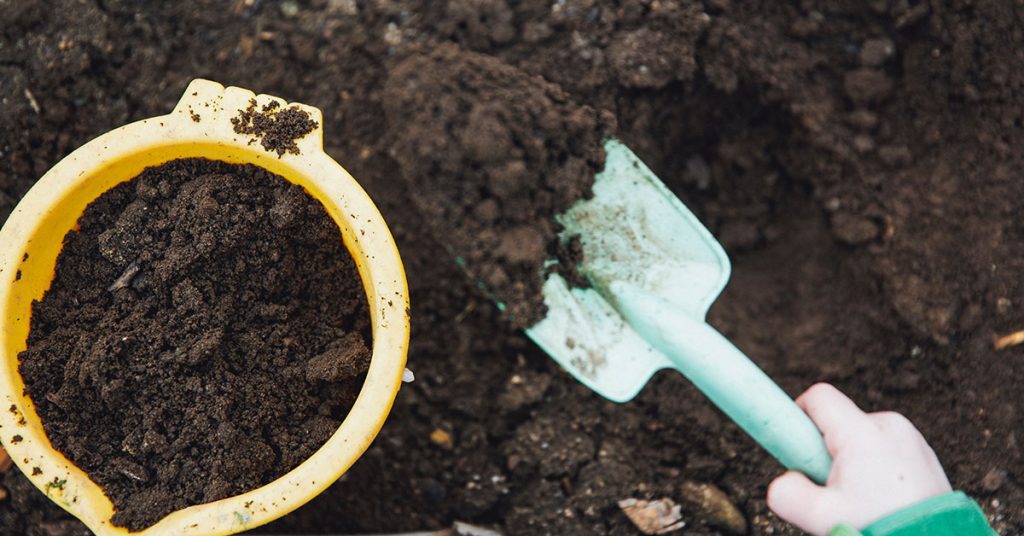
One of the major downsides of using glyphosate in your yard is the potential harm to soil health. Glyphosate can disrupt the beneficial microbial communities in the soil that are essential for plant growth and nutrient cycling. This disruption can lead to reduced soil fertility and poor plant health over time.
Healthy soil is teeming with microorganisms that help break down organic matter, fix nitrogen, and promote healthy plant roots. When glyphosate is introduced, it can kill off these beneficial microbes, leading to a decline in soil quality. One of my favorite aspects of gardening is nurturing the soil, and using glyphosate undermines this foundational aspect of a thriving garden!
Impact on Non-Target Plants
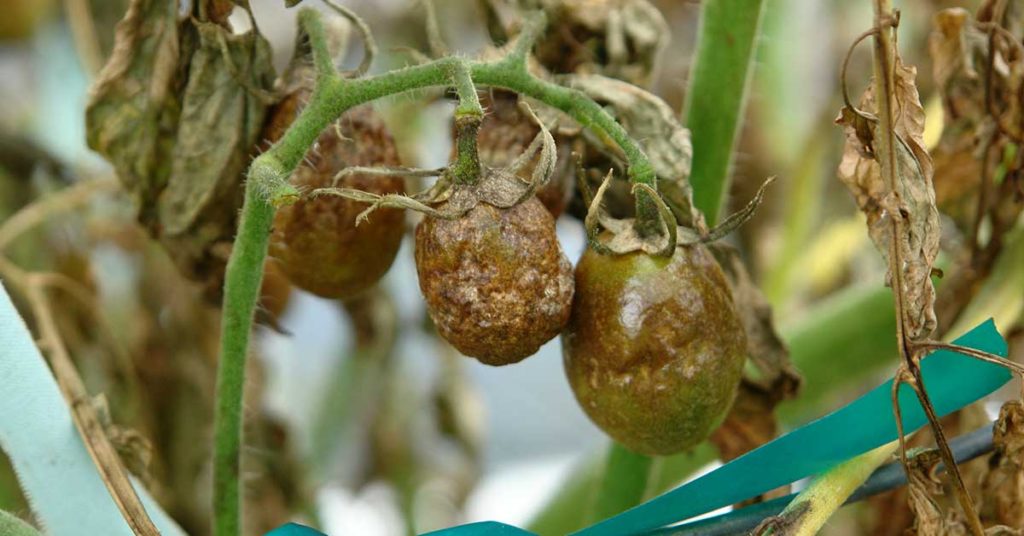
Glyphosate is a non-selective herbicide, meaning it can kill a wide range of plants, not just the weeds you’re targeting. This can result in accidental damage to your desirable garden plants, including flowers, shrubs, and trees. Even small amounts of glyphosate drift or runoff can harm these non-target plants, leading to unsightly damage and reduced plant vigor.
In addition to harming ornamental plants, glyphosate can also negatively impact cover crops and other beneficial vegetation that help prevent soil erosion and support wildlife. Ensuring your garden is a lush, vibrant space can be challenging when glyphosate is in the mix, as it doesn’t discriminate between weeds and your cherished plants.
Water Contamination
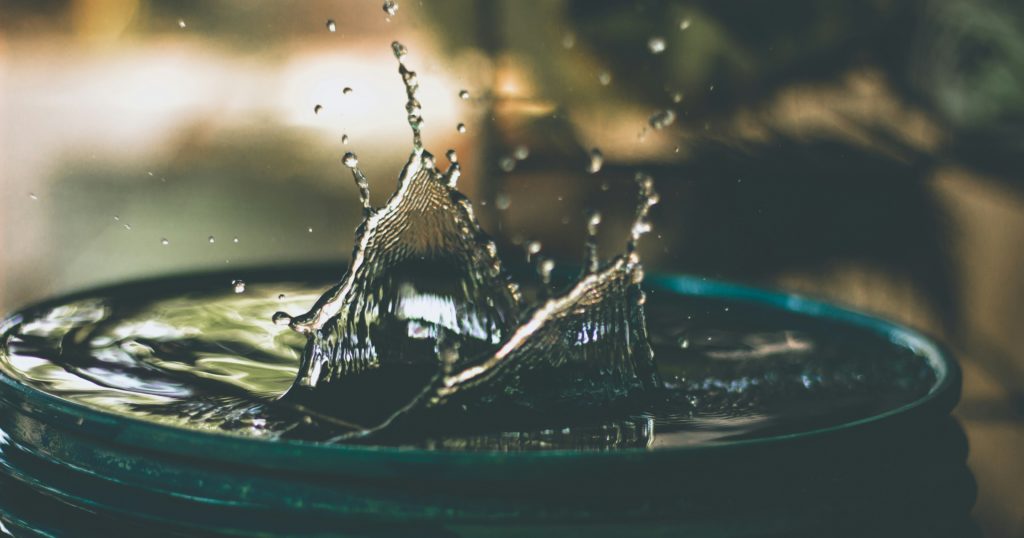
Using glyphosate in your yard can lead to water contamination. Glyphosate can run off into nearby water bodies during rain or irrigation, polluting streams, rivers, and lakes. This contamination can harm aquatic life, disrupt ecosystems, and affect the quality of drinking water.
Contaminated water can lead to serious environmental consequences, such as the decline of fish populations and the disruption of aquatic plant life. Preventing water pollution is crucial for maintaining healthy ecosystems, and reducing or eliminating glyphosate use in your yard is a vital step in protecting our precious water resources.
Harm to Pollinators
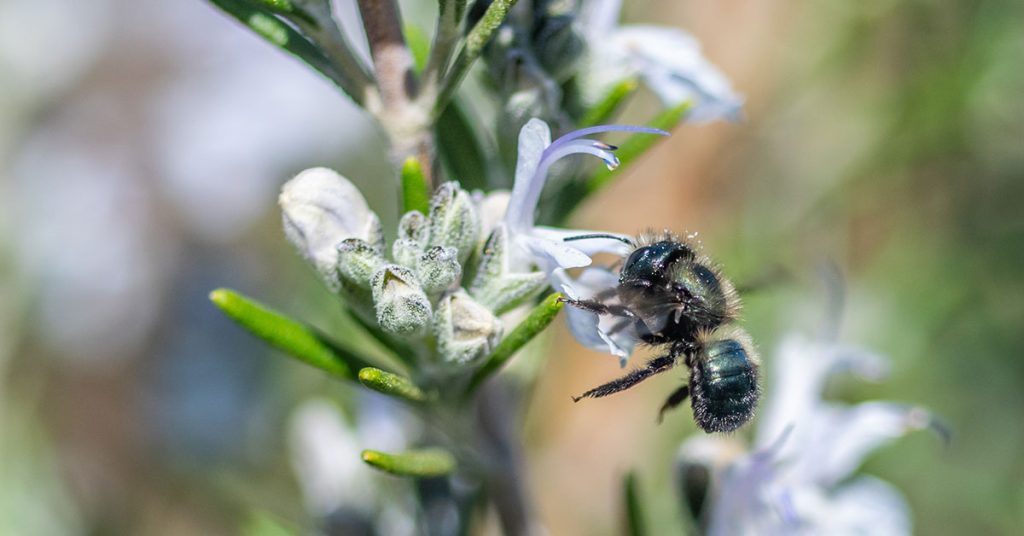
Glyphosate use can negatively impact pollinators such as bees, butterflies, and other beneficial insects. These creatures play a crucial role in pollinating plants, which is essential for food production and maintaining biodiversity. Glyphosate can reduce the availability of flowering plants that provide nectar and pollen for pollinators, leading to declines in their populations.
Moreover, glyphosate can indirectly harm pollinators by weakening their immune systems and making them more susceptible to diseases and parasites. Supporting pollinator health is one of my favorite aspects of gardening, and avoiding glyphosate is key to creating a welcoming environment for these essential insects!
Potential Health Risks
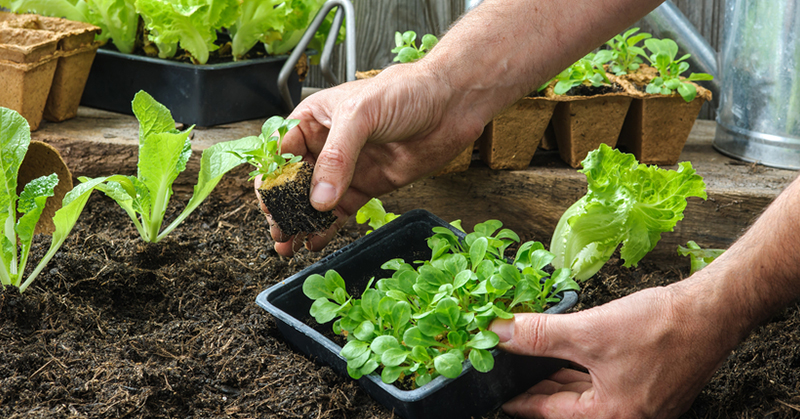
Exposure to glyphosate has been linked to potential health risks for humans. Some studies suggest that glyphosate may be associated with an increased risk of certain cancers, such as non-Hodgkin lymphoma. Additionally, glyphosate exposure can cause skin and eye irritation, respiratory issues, and other health problems.
Limiting your exposure to harmful chemicals is crucial for maintaining your health and well-being. Opting for natural and organic gardening methods can reduce the risks associated with glyphosate, ensuring that your garden remains a safe and healthy space for you and your family.
Development of Herbicide-Resistant Weeds
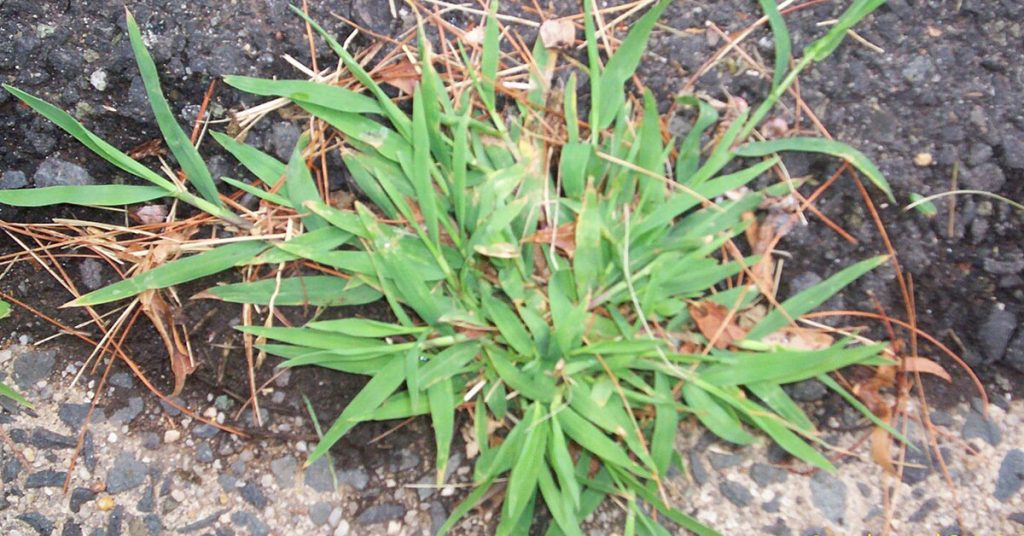
The widespread use of glyphosate has led to the development of herbicide-resistant weeds, also known as “superweeds.” These weeds have evolved to survive glyphosate applications, making them even more challenging to control. As a result, gardeners may resort to using higher doses of herbicides or more toxic chemicals, further exacerbating the problem.
Herbicide-resistant weeds can quickly spread and dominate your garden, outcompeting desirable plants and reducing biodiversity. Adopting integrated weed management practices, such as mulching, hand-weeding, and crop rotation, can help manage weeds without contributing to the development of superweeds.
Disruption of Beneficial Insects
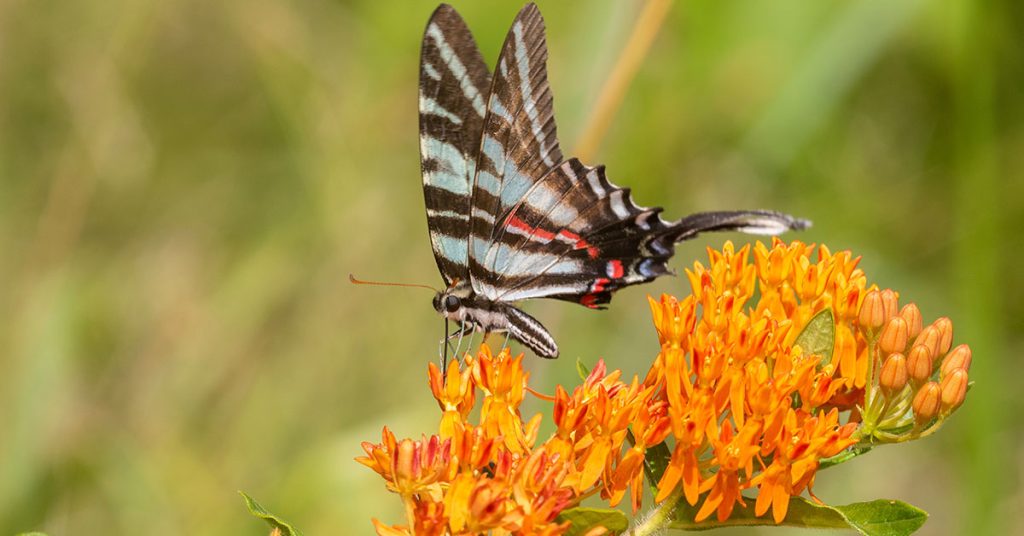
Glyphosate use can also disrupt populations of beneficial insects that help control pest species. Predatory insects, such as ladybugs, lacewings, and parasitic wasps, play a vital role in maintaining a balanced garden ecosystem. Glyphosate can reduce the availability of plants that provide habitat and food for these beneficial insects.
A thriving garden relies on a healthy balance of pests and predators. By avoiding glyphosate, you can support populations of beneficial insects and reduce the need for chemical pest control measures. Creating a garden that fosters biodiversity is one of my favorite aspects of gardening!
Soil Erosion
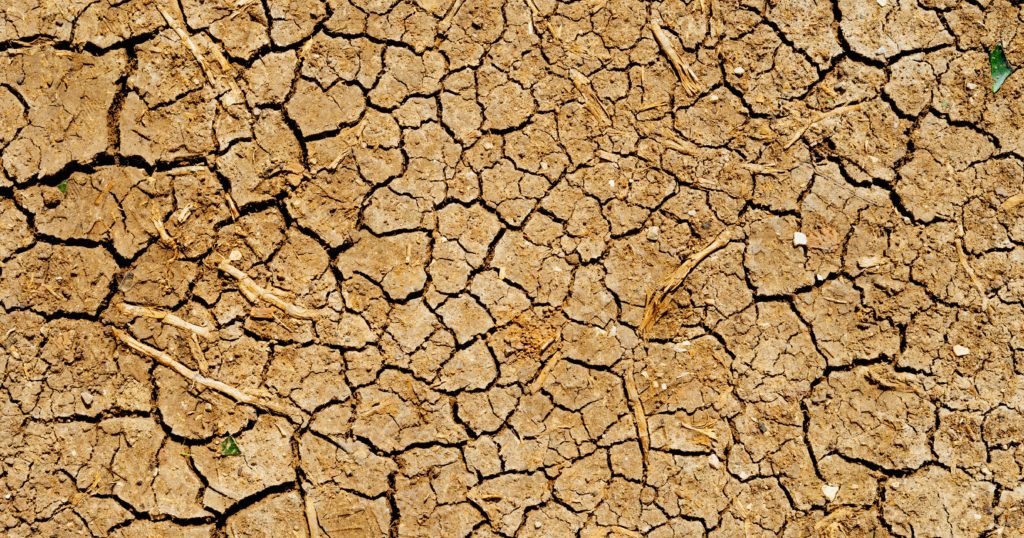
Glyphosate use can contribute to soil erosion by killing off ground cover plants that help hold the soil in place. Without these plants, the soil becomes more vulnerable to erosion from wind and water. Soil erosion can lead to the loss of valuable topsoil, reduced soil fertility, and increased runoff.
Preventing soil erosion is crucial for maintaining healthy, productive garden soil. Planting cover crops, using mulch, and practicing no-till gardening are effective ways to protect the soil and reduce the need for herbicides like glyphosate.
Impact on Wildlife
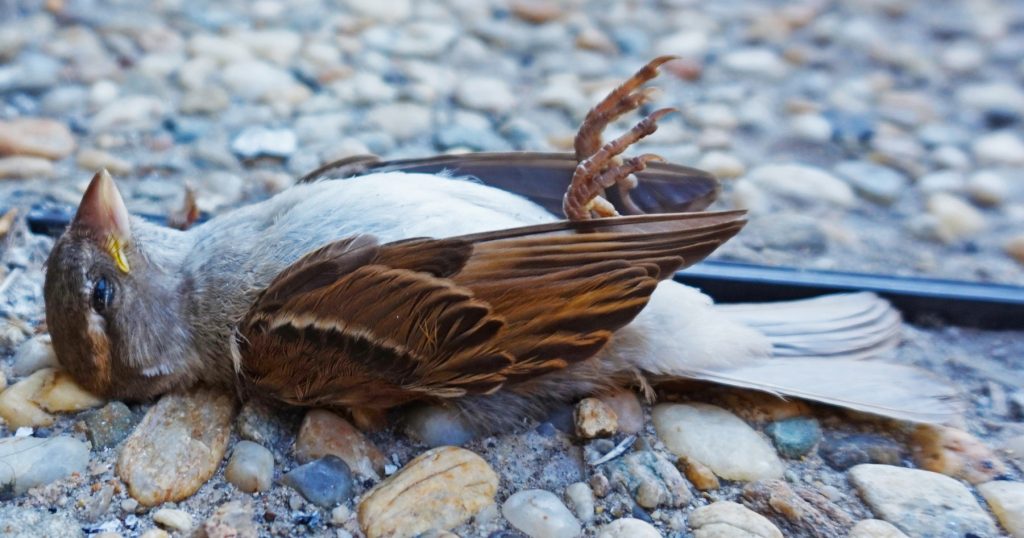
Glyphosate can harm wildlife by contaminating their food sources and habitats. Birds, mammals, and amphibians can be exposed to glyphosate through contaminated plants, water, and soil. This exposure can lead to health problems, reduced reproductive success, and population declines.
Creating a wildlife-friendly garden involves providing a safe and healthy environment for all creatures. Avoiding glyphosate and other harmful chemicals is essential for protecting the diverse array of wildlife that calls your garden home. Supporting biodiversity is one of my favorite goals as a gardener!
Legal and Regulatory Concerns

The use of glyphosate has become increasingly controversial, with some regions banning or restricting its use due to health and environmental concerns. As research continues to uncover the potential risks associated with glyphosate, legal and regulatory actions may become more common.
Staying informed about local regulations and choosing safer alternatives for weed control can help you avoid potential legal issues and contribute to a healthier environment. Embracing sustainable gardening practices ensures that your garden remains a beautiful and thriving space for years to come.
By understanding the downsides of using glyphosate-based herbicides like Roundup, you can make more informed choices for your garden. Each of these issues highlights the importance of adopting natural and organic gardening methods that promote a healthy, balanced ecosystem.
